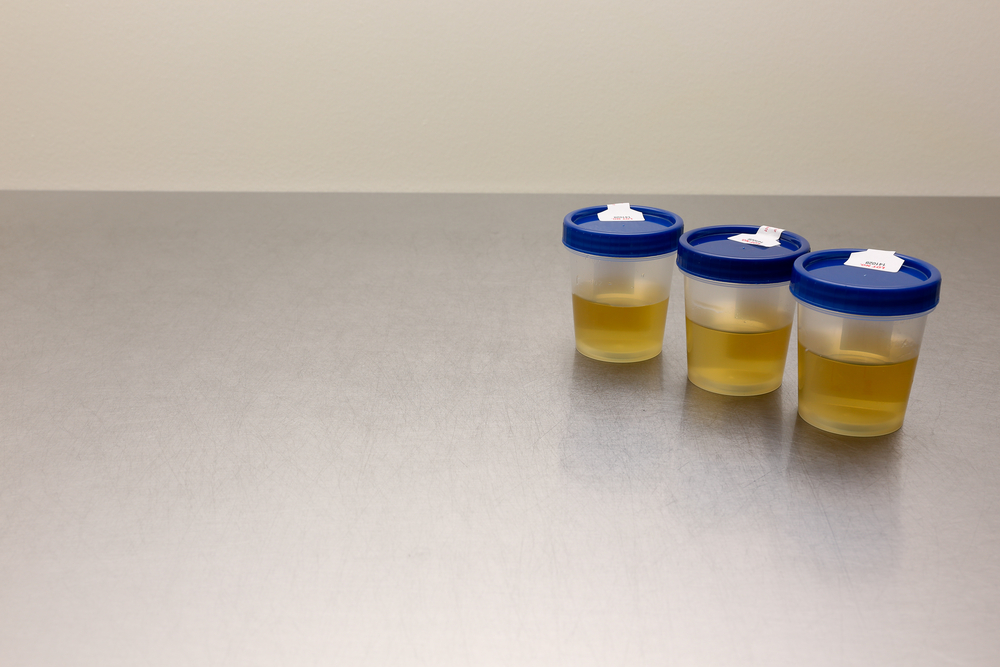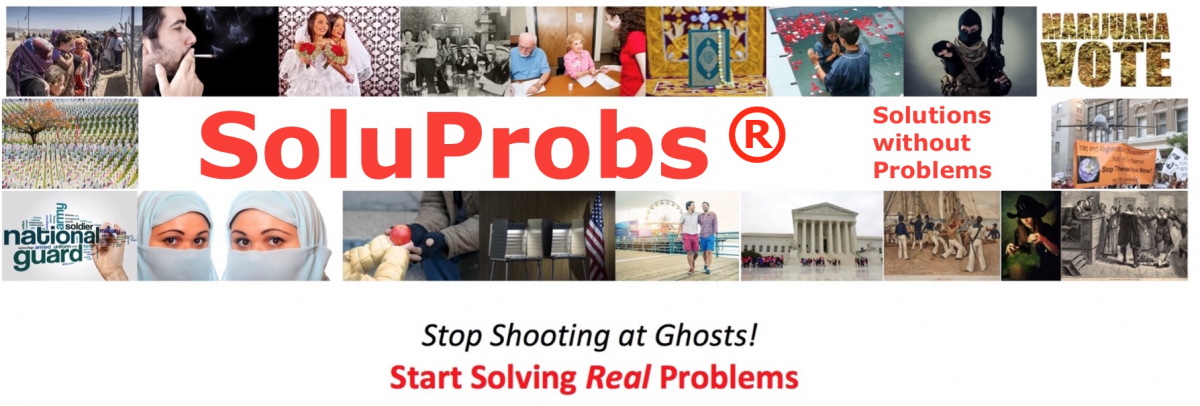Let me know what you think

Presumed Problem
There is a belief among some that welfare recipients will spend their welfare payments on drugs instead of food, medicine, clothing, and the like. Hence tax-payer dollars are possibly going to support drug abuse instead of helping the disadvantaged obtain necessities.
Solution
Make welfare recipients submit to drug tests as a condition for receiving support and revoke their payments if they test positive for drug use. It was believed this would result in substantial savings for the government.
Narrative
The National Conference of State Legislatures indicates that there have been discussions about drug-use and public assistance for some time, but 2009-2011 saw and large number of programs proposed, several of which were enacted into law. As of March, 2016,
At least 15 states have passed legislation regarding drug testing or screening for public assistance applicants or recipients (Alabama, Arkansas, Arizona, Florida, Georgia, Kansas, Michigan, Mississippi, Missouri, North Carolina, Oklahoma, Tennessee, Utah, West Virginia and Wisconsin.)
Some of the drug-testing programs were halted in federal courts as unconstitutional but a number have now been in effect for a number of years. We now have enough experience with such programs that we can assess both how big the problem was and how much money can be saved by throwing drug-users off the welfare rolls.
Was the Problem Real?
In 2015, Brian P. Kelly and Josh at Salon.com pulled together information to evaluate several state programs. For example, their review of the 2009 Arizona program produced this conclusion:
But in 2012, three years and 87,000 screenings later, only one person had failed a drug test. Total savings from denying that one person benefits? $560. Total benefits paid out in that time? $200 million….Arizona officials believed that testing could save the state $1.7 million a year.
Arizona was not the only program to demonstrate the “problem” was not what law-makers had assumed, not was it the only one denied the financial windfall they expected to enjoy as they threw drug-users off the welfare rolls.
In one year, Missouri, Oklahoma, Utah, Kansas, Mississippi, and Tennessee collectively tested 74,320 welfare recipients. In some cases, only recipients they believed to be users were tested. In these six states, a total of 424 of those tested produced positive results, or 0.6 percent, without even proving that welfare payments were used for the purchase of drugs in those rare instances. (Some people trade sex for drugs or do other favors.) Data from the National Institute on Drug Abuse estimates that 7.5 percent of the general public over 12 years of age currently use illegal drugs–mostly marijuana. So the “drug problem” among welfare recipients is less than one tenth what exists in the general public.
We have no reliable data regarding drug use among those politicians who pass bills for drug-testing welfare recipients. Surely Representative Trey Radel (R-FL) was not typical of the Congress, but after voting to require the drug-testing of Food Stamp recipients, he was arrested for cocaine possession and resigned from the Congress.
Petula Dvorak of the Washington Post commented:
Rep. Trey Radel voted in favor of drug-testing the folks who get food stamps.
In that case, why don’t we drug-test all people who get federal money? Let’s start with members of Congress!…
Yup, in Radel’s version of Absurdistan, it’s totally okay for a guy in a suit to use coke and collect a government paycheck, but a single mom who needs help buying milk for her kids has to be drug-tested before she gets one government dime.
Negative Consequences
Poor people have enough problems without having an additional serving of humiliation, which the testing results indicate was unwarranted. Drug-testing is an inconvenience for people working one or more minimum-wage jobs, and in some cases, the recipients are required to pay the costs of testing, though they may be reimbursed if the results were negative.
The financial situation is complex. In 2014, Missouri reportedly spent $336,297 to identify 48 drug-users. Arizona, with 142,424 welfare recipients between 2010 and 2014 only tested 19 recipients for a cost of $499.06. There is no report on the cost of administering the program aside from actual drug testing.
Florida has presented an especially complex situation. Governor Rick Scott has been strongly committed to requiring drug-tests for all welfare recipients as well as a random sampling of state workers. However, resistance by the ACLU, unions, and other parties forced the termination of the program after 4 months in 2001. Governor Scott settled the flurry of law suits at a cost of $1.5 million according to the Miami Herald: hardly the big savings tax-payers had been promised.
A different controversy arose over Governor Scott’s $62 million personal investment in Solantic, a health-services corporation already doing substantial business with the Florida state government. Some argued that Solantic could benefit further from a required drug-testing program. Perhaps to counter such criticisms, Governor Scott transferred his shares in Solantic to his wife. In any event, drug-testing of welfare recipients in Florida is on hold at present.
Overall, drug-testing welfare recipients has proven to be another solution without a problem. And as we’ve seen other cases, that “solution” caused a set of problems that didn’t exist before.
© Earl Babbie 2016, all rights reserved Terms of Service/Privacy
Sources
http://www.usatoday.com/story/news/politics/2014/01/27/trey-radel-resign-congress-cocaine/4934741/
http://www.salon.com/2013/08/29/gop’s_inane_money_eating_sham_drug_tests_for_welfare_a_huge_failure/
http://www.ncsl.org/research/human-services/drug-testing-and-public-assistance.aspx
https://www.drugabuse.gov/publications/drugfacts/nationwide-trends
http://www.miamiherald.com/news/state/florida/article25114639.html

Excellent article, remarkably clear example where the facts are overwhelming. Maybe we should pass a law that lawmakers have to pay out of their pockets the extra real costs over the savings they promised, with jail time if they don’t pay up.
Good idea: make legislators pay for needless costs to tax-payers. Maybe they could be billed proportionate to their lobby income.